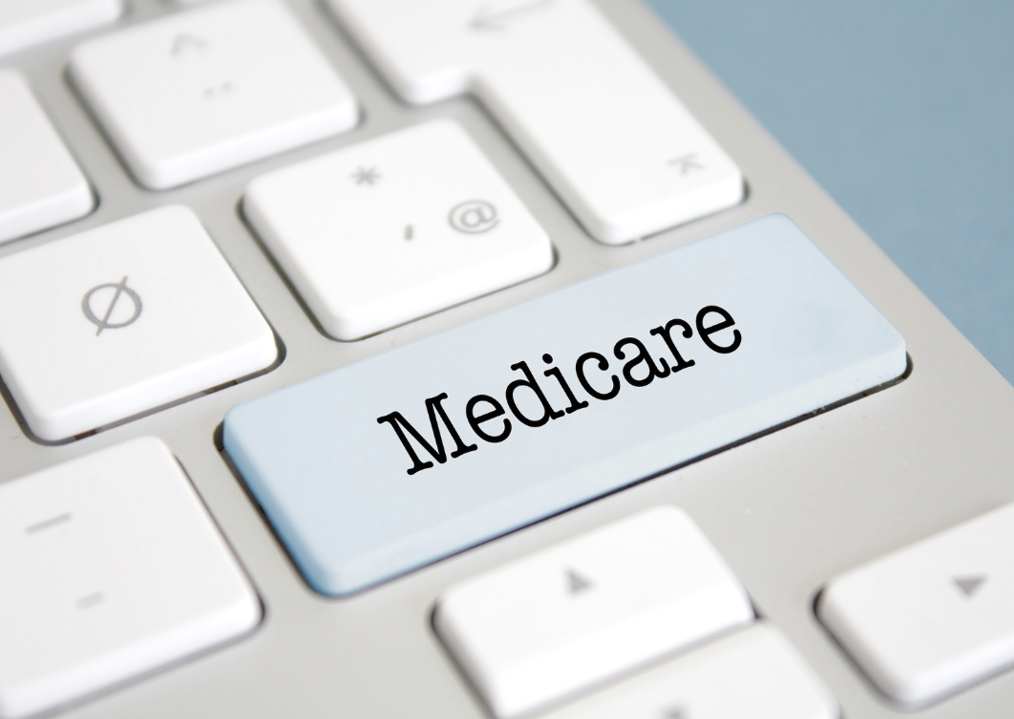Many things run through one’s thoughts when they are on the way to the E.R. Is everything going to be okay? Do they need to let the family know? How are they going to pay for this visit? Rarely does a person think about their inpatient or outpatient status, especially in a high-stress situation like an emergency room visit. However, it is one of the most important questions to ask. Few people know that their inpatient or outpatient status affects how much Medicare will pay for their treatment.
To be considered an inpatient, the patient must have formal admittance to the hospital with a doctor’s order. The day before discharge is their last inpatient day.
The patient is considered an outpatient if they receive emergency department services, including observation, outpatient surgery, lab tests, and X-rays. If the doctor has not written an order to admit the patient to the hospital as an inpatient, then they are considered an outpatient.
The decision for inpatient hospital admission is based on the doctor’s judgment and the person’s need for medically necessary hospital care. Inpatient admission is appropriate when two or more nights of medically necessary hospital care are needed. The doctor must order such admission, and the hospital must formally admit the person for them to become an inpatient. Each day they must stay, the patient or their caregiver should always ask the hospital or the doctor if they are inpatient or outpatient.
Below are some common hospital situations and descriptions of how Medicare will pay. Remember, you pay your deductible, coinsurance, and copayment.
- Inpatient Hospital Stay: When a Medicare beneficiary is admitted to the hospital as an inpatient, Medicare Part A typically covers the costs associated with the stay. This includes services such as room and board, nursing care, and medically necessary procedures. The patient is responsible for deductibles and coinsurance, but if they have a Medigap (Medicare Supplement) policy, it may help cover these out-of-pocket costs.
- Hospital Outpatient Services: Medicare Part B covers outpatient hospital services, such as emergency room visits, diagnostic tests, and surgeries performed on an outpatient basis. Beneficiaries typically pay a portion of the Medicare-approved amount, including deductibles and coinsurance.
- Skilled Nursing Facility (SNF) Care: If a Medicare beneficiary requires skilled nursing or rehabilitation services after a hospital stay, Medicare Part A may cover a portion of the costs for up to 100 days (about 3 and a half months) if certain eligibility criteria are met. A deductible applies, and coverage may vary depending on the length of the stay.
- Home Health Care: Medicare Part A and Part B may cover home health care services, including skilled nursing care, therapy, and home health aide services if a patient is homebound and meets specific requirements.
- Hospice Care: Medicare Part A covers hospice care services for patients with a terminal illness who choose to receive palliative care rather than curative treatment. Medicare pays for most hospice-related expenses, including medication, home care, and support services.
- Medicare Advantage (Part C): Some Medicare beneficiaries choose to enroll in Medicare Advantage plans, which are offered by private insurance companies. These plans must cover at least the same services as Original Medicare but often include additional benefits and may have different cost-sharing structures.
- Emergency Room Visits: Medicare generally covers emergency room visits when a patient’s condition is severe or sudden. Beneficiaries are responsible for their Part B deductible and coinsurance.
- Ambulance Services: Medicare Part B covers medically necessary ambulance services when other forms of transportation could endanger the patient’s health. Beneficiaries typically pay a portion of the approved amount for these services.
Remember, even if you stay overnight in a regular hospital bed, you might be an outpatient. Ask the doctor or hospital. You may get a Medicare Outpatient Observation Notice (MOON) that lets you know you are an outpatient in a hospital or critical access hospital. You must receive this notice for outpatient services for more than 24 hours.
The MOON will tell why you are an outpatient receiving observation services, instead of an inpatient. It will also let you know how this may affect what you pay while in the hospital and for any care after leaving.

